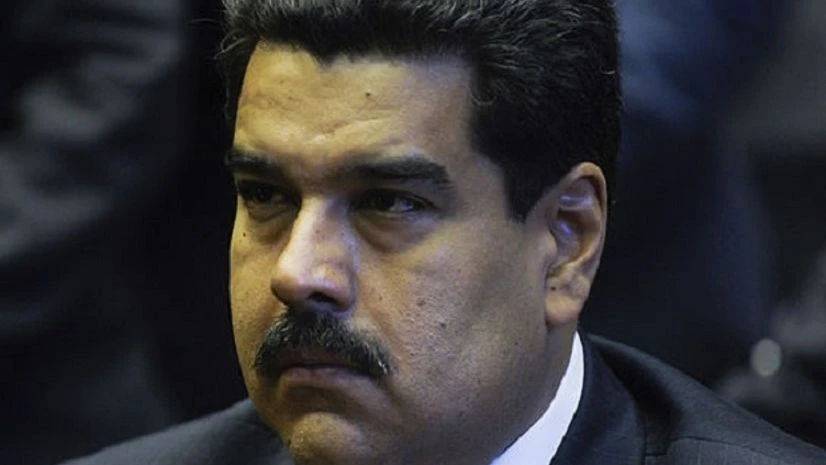Venezuelan President Nicolas Maduro has called for dialogue with Washington similar to that between the US and North Korea, but warned that he will not give in to threats from Donald Trump.
"I think that the processes of dialogue between Democratic Republic of Korea and the US government are very positive and could serve as an example" for a rapprochement between Washington and Caracas, Maduro told a news conference in the southern city of Bolivar.
However, he noted differences between the tensions between the White House and Venezuela and those between the US and North Korea, as "we do not have nuclear missiles." But the talks with Pyongyang "could serve as an example that the world needs tolerance, dialogue, respect for differences," Maduro said ahead of a campaign event for Sunday's election.
The early polls are being boycotted by the Venezuelan opposition, and much of the international community has condemned them as illegitimate.
Washington has dismissed the vote as a "sham" to keep Maduro in power, and has slapped sanctions on Caracas in a push to isolate the Maduro regime.
"I am ready for this to be resolved, with dignity, respect and dialogue, and that US aggression against our sovereign country ceases. Venezuela is a democratic state," the president said.
More From This Section
But the socialist leader warned that his government will not give in to the threats of US President Donald Trump, who has not ruled out an oil embargo or "a military option."
"Venezuela is not going to surrender to this empire," he said, condemning what he said was a "powerful lobby" of former Venezuelan bankers who are supporting "US aggression against Venezuela." Maduro, the political heir to the late leftist firebrand Hugo Chavez, has presided over an implosion of once wealthy oil producer Venezuela's economy.
The South American country is in partial default on its debt and suffers severe shortages of food and medicines despite sitting atop the planet's biggest proven oil reserves. Maduro's government has been printing money as foreign reserves dwindle, and the national currency, the bolivar, has become nearly worthless.

)
